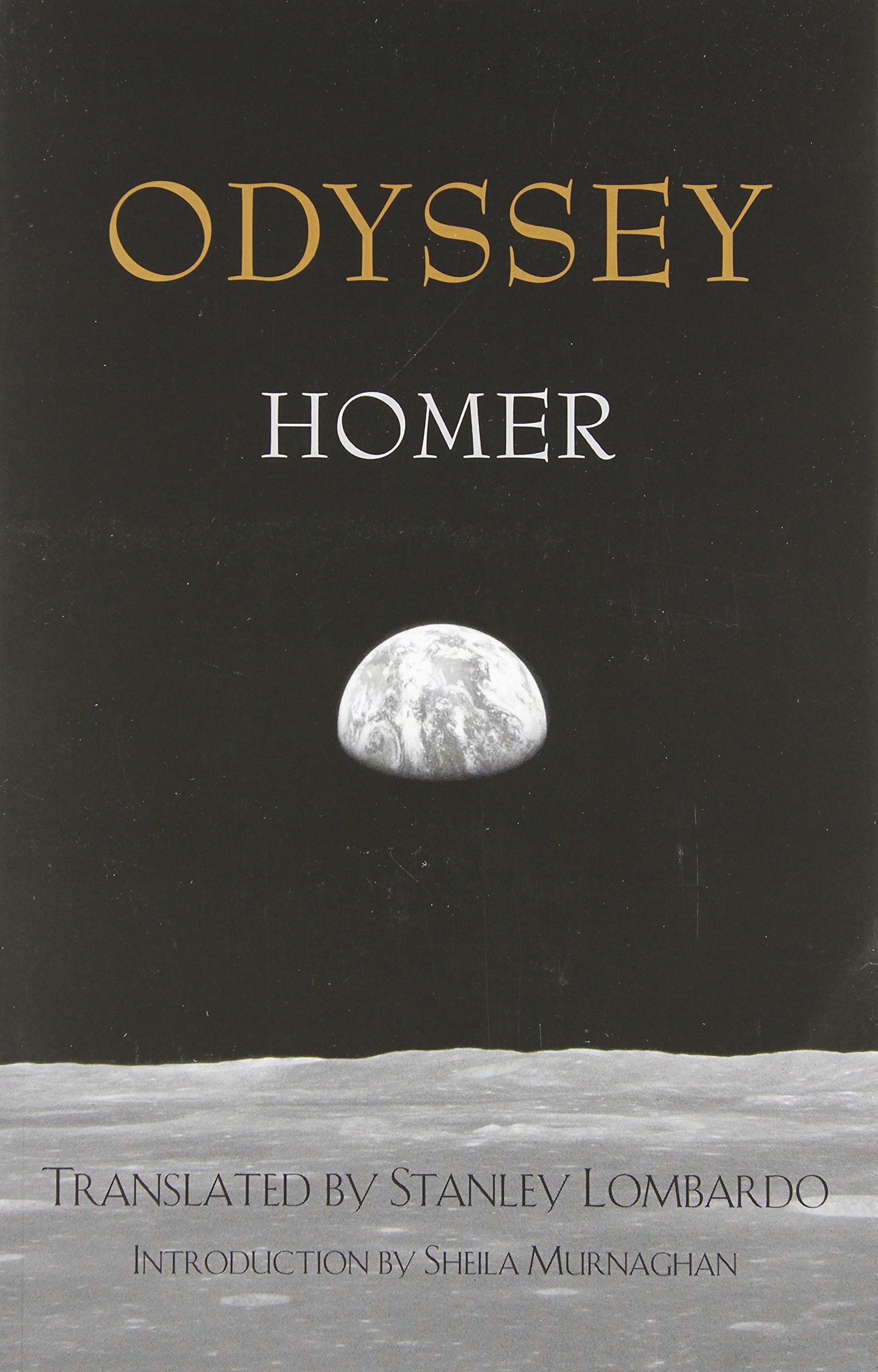A New York Times Book Review Notable Book Selection for 2000
Lombardo's Odyssey offers the distinctive speed, clarity, and boldness that so distinguished his 1997 Iliad.
"[Lombardo] has brought his laconic wit and love of the ribald. . . to his version of the Odyssey. His carefully honed syntax gives the narrative energy and a whirlwind pace. The lines, rhythmic and clipped, have the tautness and force of Odysseus' bow."
—Chris Hedges, The New York Times Book Review
"Lombardo weaves his cherished idioms into important patterns of repetition and transformation so familiar to the telling of the Odyssey. . . Above all, such familiar phrases serve to remind us of the oral character of the original Odyssey, providing the reader with an uncanny immediacy and relevance."
—Christina Zwarg, The Bryn Mawr Classical Review
"Lombardo has created a Homeric voice for his contemporaries: fresh, quick, and verbally engaging to the modern ear, as the original was to the ancient. His characters come alive as real people expressing real feelings with urgency and verve. I very much like the language and the pace of this version, and would welcome it for classroom use."
—Joseph Russo, Haverford College
"What could be finer / Than listening to a singer of tales / . . . with a voice like a god's?' So Odysseus on the bard Demodocus. And the singer, the oral poet, the 'aoidos', is what Lombardo embodies in his Homer. With a line and a language hammered out in public performance, he has made a verse that can move his audience to tears and even to laughter. At first glance, the simplicity startles—spare syntax, the highest proportion of short words in modern English poetry, colloquialism in the saddle, sudden and direct contact with the matter. But then the wonders of how he works become evident. So much was already to be seen/heard in Lombardo's version of the Iliad. But his Odyssey moves beyond, its verse widening its range to everything in between tears and laughter, able to present a storm, a battle, a chiding, a fable, a tale, and a whine with equal deftness. No version of the Odyssey is more immediate. No version shows better one of Homer's essentials: the oral poet at work. The persona is there, and it's real."
—Douglass Parker, University of Texas at Austin


